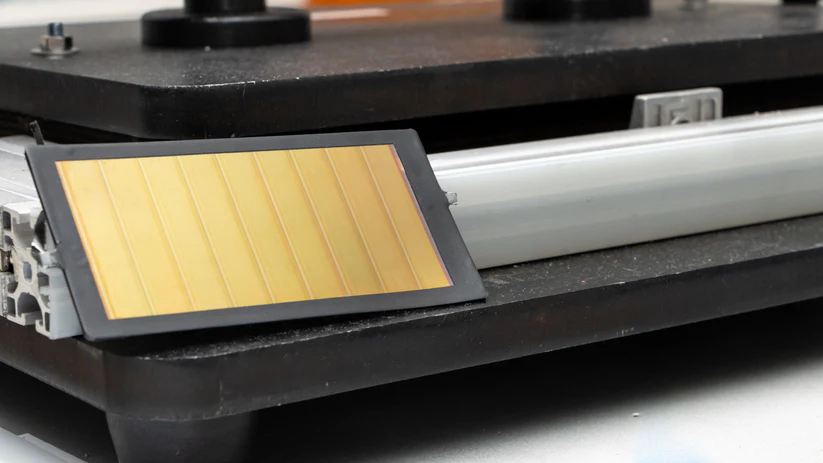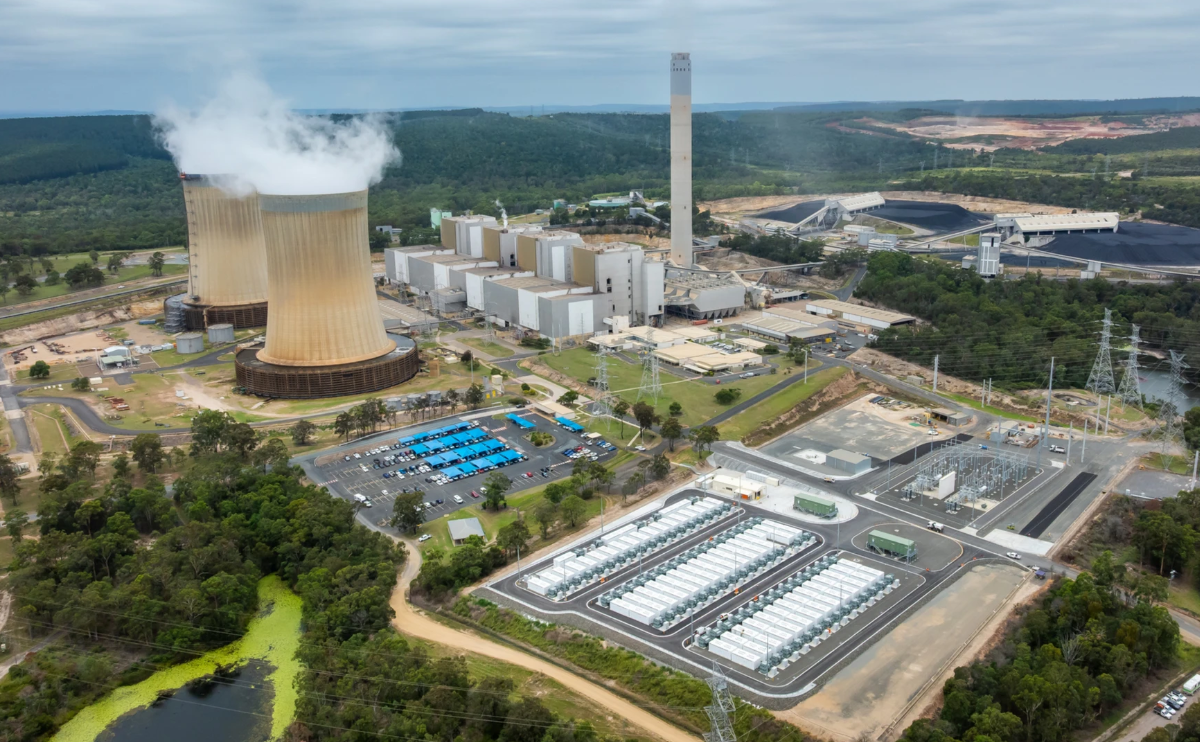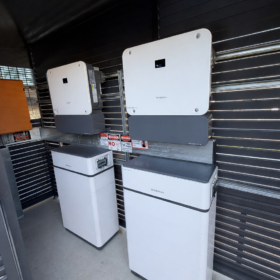New South Wales company Halocell Energy has announced the launch of its Ambient Module series based on perovskite PV cells manufactured at its production facility in Wagga Wagga.
Halocell said the Ambient solar modules are a lightweight, flexible, and highly efficient energy harvesting solution that is capable of generating enough electricity indoors to replace disposable batteries.
“Unlike traditional solar cells, these modules are especially made to perform effectively in low-light conditions, making them ideal for homes, offices, and industrial settings,” the company said. “They provide continuous power, reducing reliance on batteries, and are particularly beneficial for IoT devices, smart home gadgets, and other low-power electronics.”
The Ambient series comprises two models, one featuring nine perovskite PV cells and the other with four. According to the company’s product specifications, the larger module is sized at 5.16 V with a maximum power point (MPP) of 0.60 mW at 500 lux and 1.22 mW at 1,000 lux. The smaller module is sized at 2.55 V with a MPP of 0.24 mW at 500 lux and 0.49 mW at 1,000 lux.
The larger unit measures 116 mm x 57 mm x 0.6 mm and weighs 6.8 g. The smaller version measures 59.5 mm x 41 mm x 0.6 mm and weighs in at 2.8 g. Both have a minimum bending radius of 3 cm and an operating temperature range of -10 to +60 °C.
Halocell said the modules are fully recyclable, with 98% of functional materials able to be reclaimed and reused, including the substrate.
The Ambient modules are now available for purchase via the company’s website.
The launch of the modules follows the announcement that Halocell has partnered with United States-based Sofab Inks to accelerate innovation in perovskite PV technology.
Launched in 2022 as a spin-out from the University of Louisville’s Conn Centre for Renewable Energy Research, Sofab specialises in the production of chemical inks tailored for perovskite solar cell manufacturing.
Under the partnership, Sofab will supply Halocell with advanced nanoparticle inks co-developed for Halocell’s charge transport layers. Halocell said it will continue to formulate and manufacture its own perovskite inks but said the partnership with Sofab will accelerate time-to-market for new products.
“The collaboration supports the production of flexible, foil-like PV modules designed for seamless integration across a wide spectrum of use cases – from battery free environmental monitors and smart sensors to drones, satellites, and rooftop solar – engineered for both indoor and outdoor lighting conditions,” Halocell said.
“By integrating high-performance inks with scalable manufacturing, we aim to set a new benchmark for energy harvesting devices.”
The company said its next module releases are being designed for full sun applications to power satellites and drones, and later releases will target large-format lightweight applications for warehouse roof installation.
“Future developments will target the satellite and drone sectors, laying the groundwork for ultra-lightweight, full-sun photovoltaic panels capable of harvesting light from any surface and at any angle,” Halocell said.
This content is protected by copyright and may not be reused. If you want to cooperate with us and would like to reuse some of our content, please contact: editors@pv-magazine.com.









6 comments
By submitting this form you agree to pv magazine using your data for the purposes of publishing your comment.
Your personal data will only be disclosed or otherwise transmitted to third parties for the purposes of spam filtering or if this is necessary for technical maintenance of the website. Any other transfer to third parties will not take place unless this is justified on the basis of applicable data protection regulations or if pv magazine is legally obliged to do so.
You may revoke this consent at any time with effect for the future, in which case your personal data will be deleted immediately. Otherwise, your data will be deleted if pv magazine has processed your request or the purpose of data storage is fulfilled.
Further information on data privacy can be found in our Data Protection Policy.